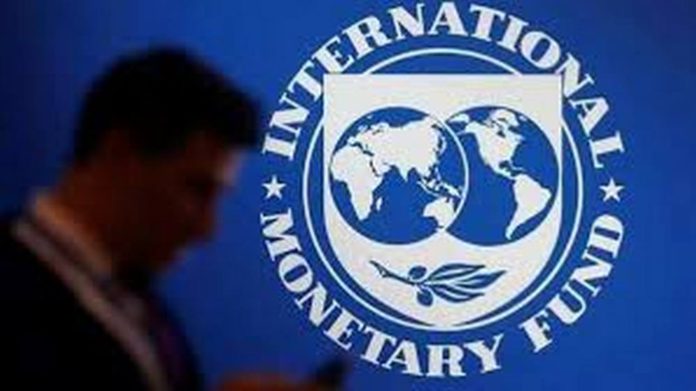An International Monetary Fund (IMF) staff are expected in Accra this week as part of a mission visit to track progress of Ghana’s Economic Recovery Programme.
The team will also engage various stakeholders helping to implement Ghana’s programme.
This will be the first visit after Ghana secured a programme with the IMF on May 17, 2023.
“This is not a review of Ghana’s Programme, but a regular Mission Visit to track progress of the country’s programme,” a source told Joy Business.
The IMF team will examine government’s progress on meeting end of June targets. The team is expected to leave by the June 16, 2023.
Importance of Staff Mission Visit
For some analysts, the meetings will help the IMF assess Ghana’s implementation of Structural and Qualitative reforms.
The assessment will also help the IMF in preparing June ending “Target Completion” report or the “Text Date” to track the Ghana’s performance before an official programme review in September this year.
Stakeholder engagement
The Staff visit will be led by Mission Chief for Ghana Stephane Roudet.
The team will meet the Vice President, Dr. Mahamudu Bawumia , Finance Minister, Ken Ofori-Atta and a team from the Bank of Ghana.
In addition, the team will meet the Finance Committee of Parliament and other interest groups as move to get all parties onboard the programme.
Ghana’s IMF Programme
The IMF Executive Board approved, on May 17th, an SDR 2.242 billion (about US$3 billion) 36-month Extended Credit Facility (ECF) arrangement for Ghana.
This decision enabled an immediate disbursement equivalent to SDR 451.4 million (about US$600 million).
The rest is expected to be disbursed in tranches every six months, following programme reviews approved by the IMF Executive Board.
Why Ghana applied for the programme
Ghana has been facing a severe economic and financial crisis, with a debt burden assessed as unsustainable.
Specifically, a combination of pre-existing vulnerabilities and external shocks such as the COVID-19 pandemic and Russia’s war in Ukraine have resulted in acute financing pressures, a depreciating cedi, declining international reserves, slowing economic activity, and high inflation.
Programme priorities
First, large and frontloaded measures to bring public finances back on a sustainable path.
This will be done through mobilizing more domestic revenue and improving the efficiency of public spending. Importantly, the program does – and will continue to – include efforts to protect the vulnerable.
The 2023 budget has for example doubled the benefits of the existing targeted cash transfer program, the Living Empowerment Against Poverty (LEAP) and boosted the allocations towards the school feeding programme.
Second, to support the fiscal adjustment and enhance resilience to shocks, ambitious structural reforms will be implemented in the areas of tax policy, revenue administration, public financial management, as well as to address weaknesses in the energy and cocoa sectors.
Third, steps are being taken to bring inflation under control – for example with the Bank of Ghana raising interest rates and eliminating monetary financing of the budget. A flexible exchange rate policy will help rebuild international reserves.
Fourth, measures to preserve financial stability are very central to the programme.
Finally, reforms are envisaged to encourage private investment, growth, and job creation.

